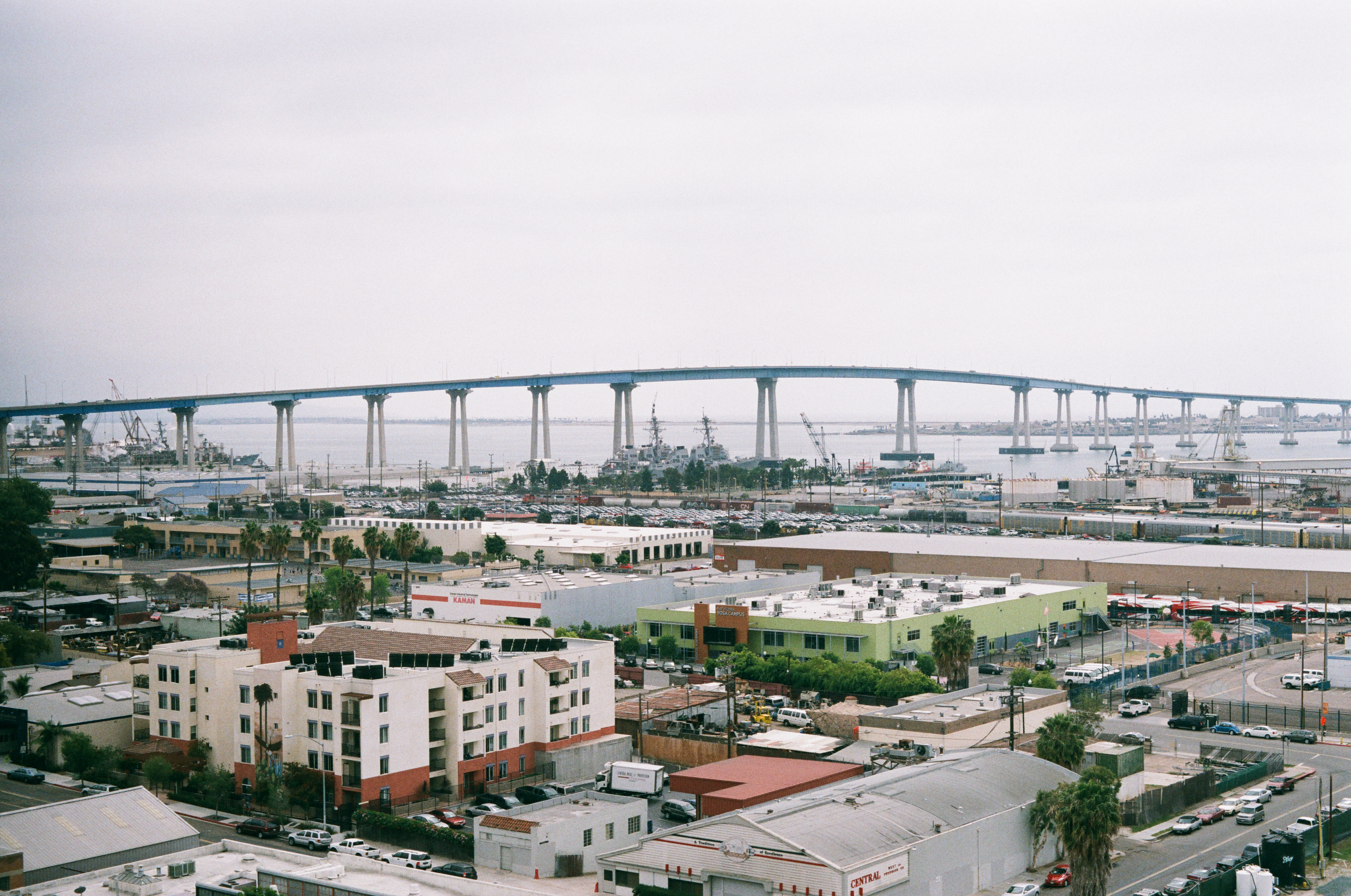The wildfires in San Diego recently have been nothing short of unpredictable and scary. For the past week we have been eyeing our backyards with suspicious caution and watching the news with angst. Our hearts go out to the families and communities that have been affected by these tragic fires.
These wildfires are one example of how much harm climate change is having on our region, and why we are asking San Diego to take immediate action on a strong climate plan that will prepare residents for the effects of climate change and reduce the pollution that causes climate change.
But these effects are not only a concern to San Diego. On May 6, the White House released its third National Climate Assessment to give the most updated scientific report on how climate change is directly impacting different areas of the country. The report identifies impacts on the Southwest, including:
- Snowpack and streamflow amounts are projected to decline in parts of the Southwest, decreasing surface water supply reliability for cities, agriculture, and ecosystems. (p. 78)
- Increased warming, drought, and insect outbreaks, all caused by or linked to climate change, have increased wildfires and impacts to people and ecosystems in the Southwest. (p. 78)
- Short-term (seasonal or shorter) droughts are expected to intensify in most U.S. regions. Longer-term droughts are expected to intensify in large areas of the Southwest, southern Great Plains, and Southeast. (p. 42)
For a comprehensive list of how drastically climate change is affecting our environment, our communities and our everyday lives, click here.
Climate change is something that affects us all. These wildfires, the rising temperatures, the drought and much more are making it harder for us to enjoy where we live with the people we care about. Join us in urging the City of San Diego to adopt a plan that wastes no time in reducing the pollution that causes climate change and preparing us for the unavoidable effects of climate change. Click here to learn more and find out how you can do your part to reduce pollution and donate to EHC today to help us ensure our region takes strong and immediate action to combat climate change.
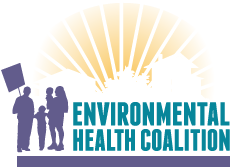

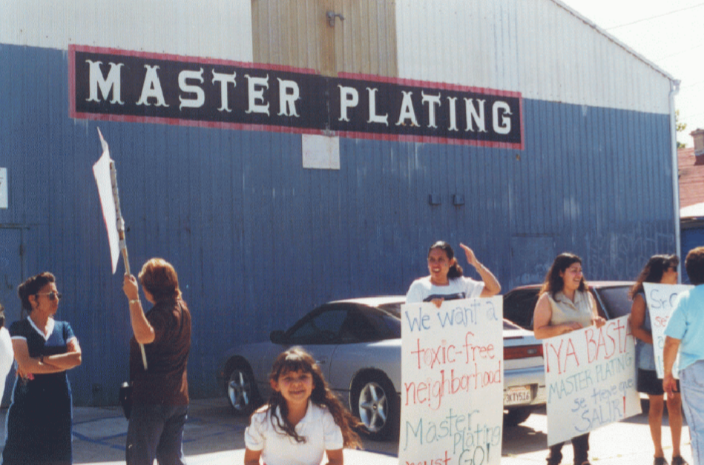
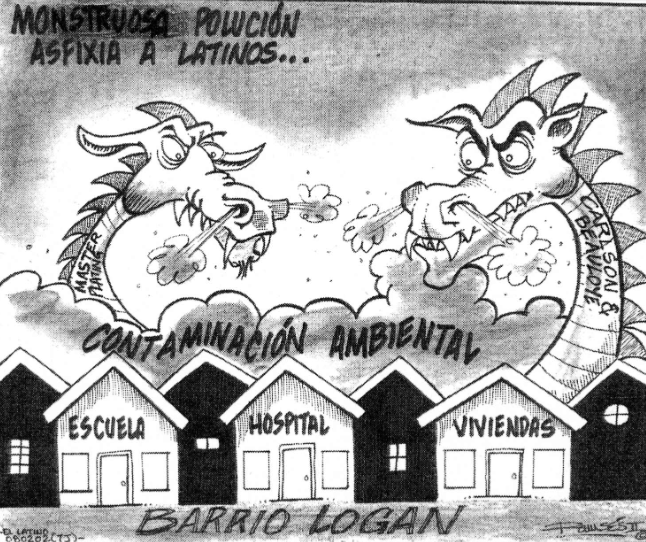 NEXT:
NEXT: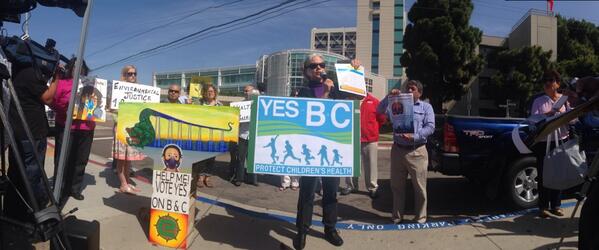
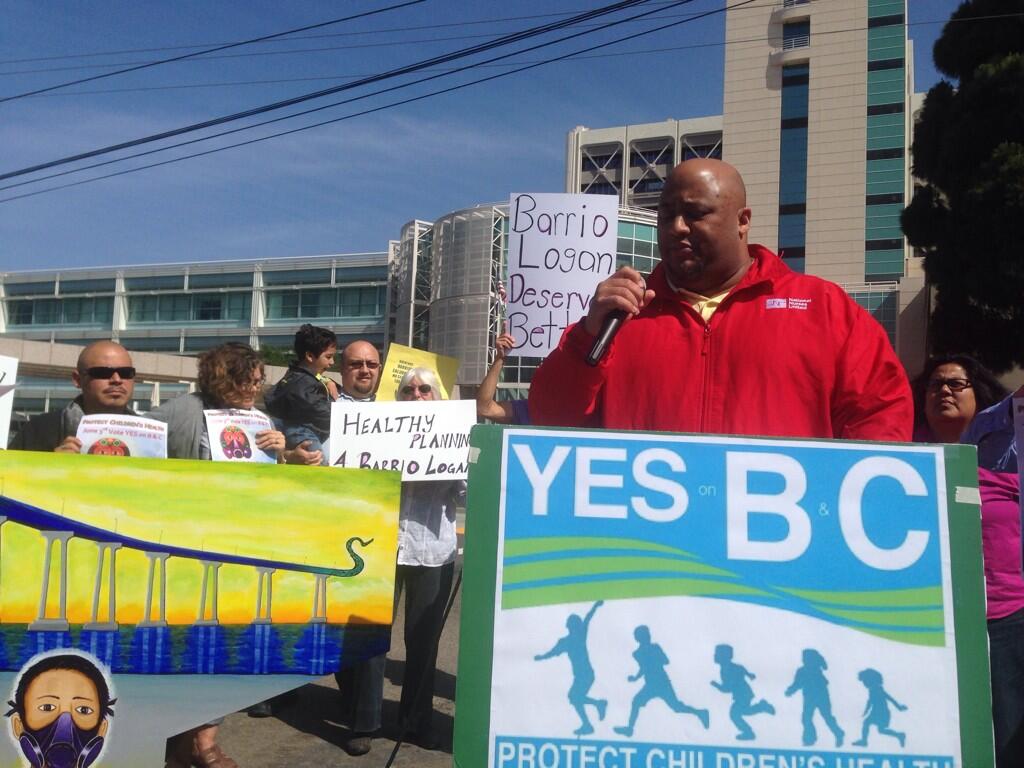 Barrio Logan is one of many communities in San Diego working on updating outdated community plans to improve neighborhood health, economic development and overall quality of life. There is concern that if Propositions B & C are defeated and the Barrio Logan Plan is repealed, a dangerous precedent could be set, threatening community planning and healthy neighborhoods across the city.
Barrio Logan is one of many communities in San Diego working on updating outdated community plans to improve neighborhood health, economic development and overall quality of life. There is concern that if Propositions B & C are defeated and the Barrio Logan Plan is repealed, a dangerous precedent could be set, threatening community planning and healthy neighborhoods across the city.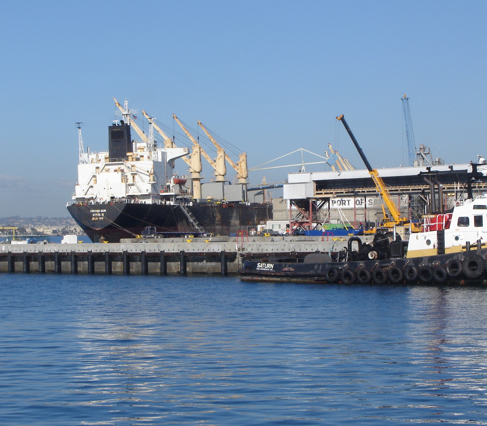 We have a great opportunity to get involved in shaping the future of our community. The Port is currently developing its guidelines and plan for the next 50 years. While it has taken some actions to address the negative impacts of its pollution on
We have a great opportunity to get involved in shaping the future of our community. The Port is currently developing its guidelines and plan for the next 50 years. While it has taken some actions to address the negative impacts of its pollution on 